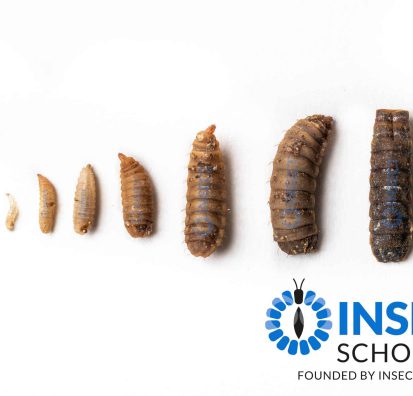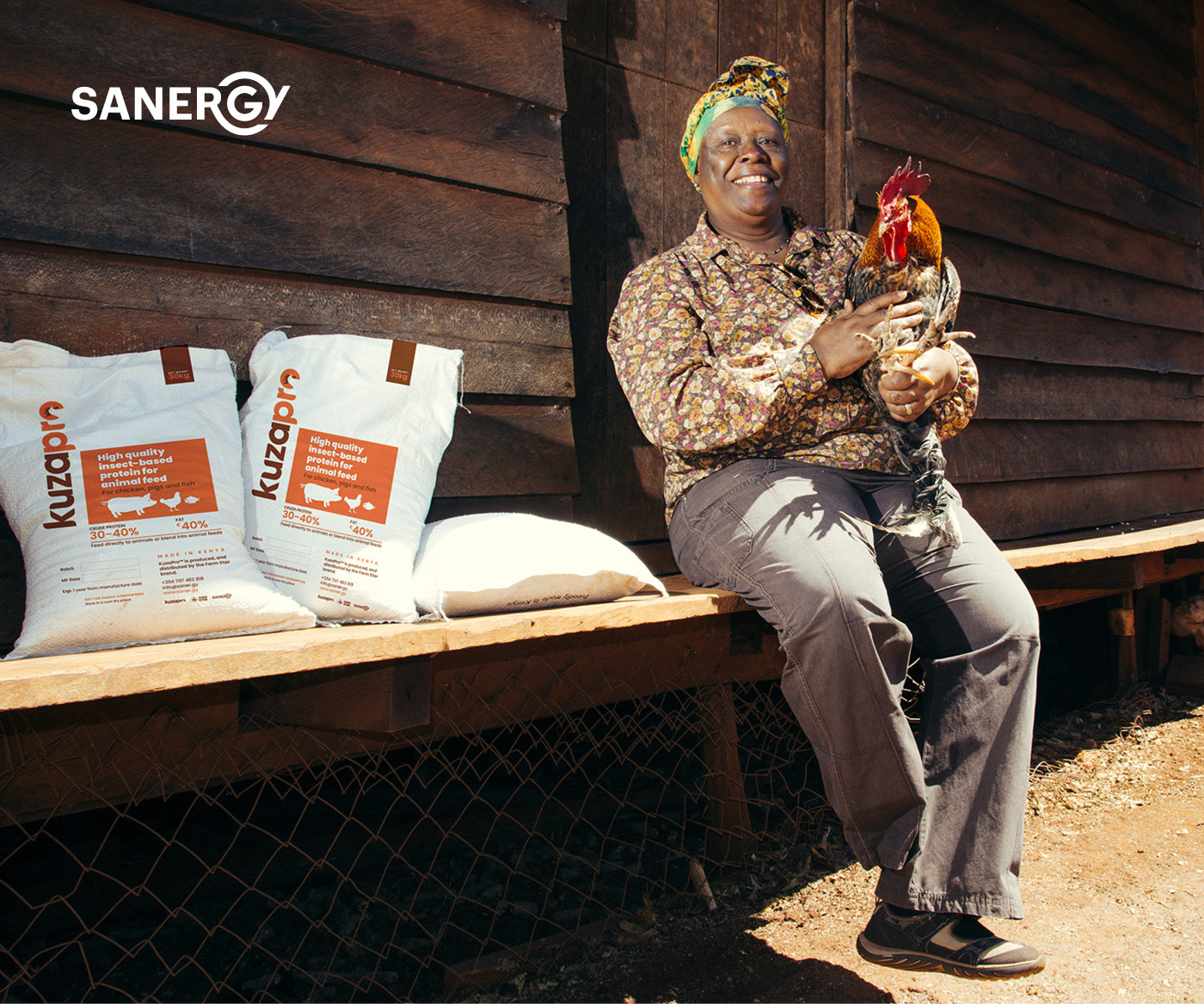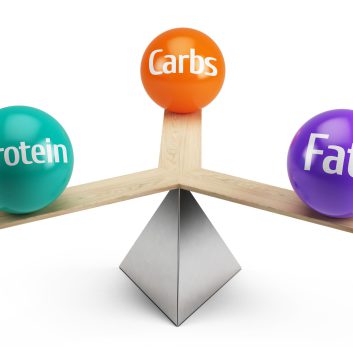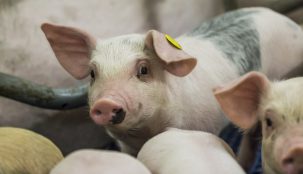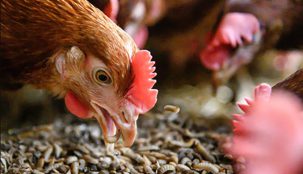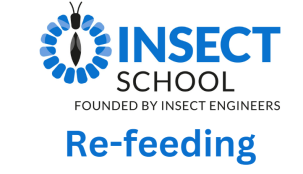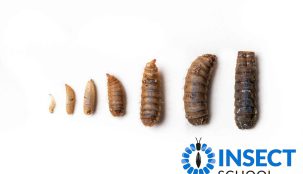Novel Feed: Transforming the way we feed and farm Black Soldier Fly Larvae
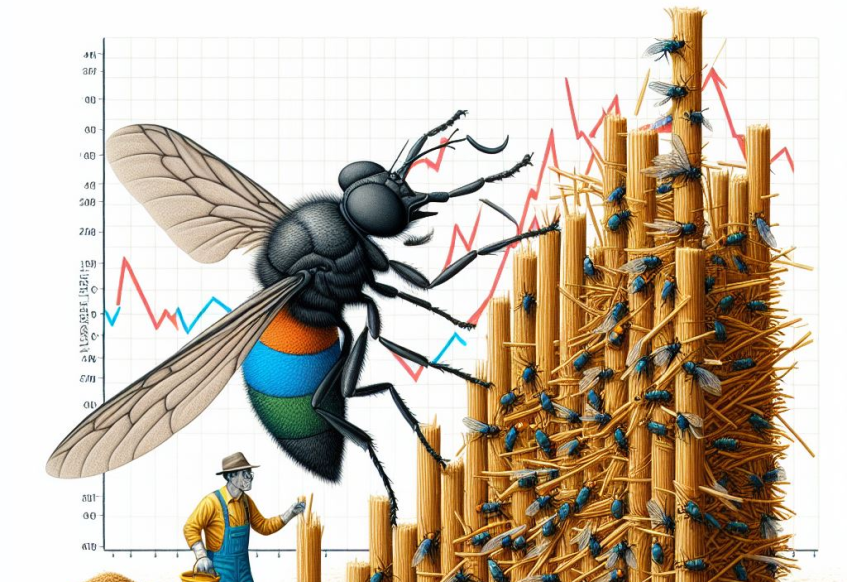
In the quest for sustainable and scalable solutions to address the protein deficit, the Centre for Novel Agricultural Products (CNAP) at the University of York is pioneering a groundbreaking approach. Their research focuses on transforming the traditional feed for black soldier fly larvae (BSFL), a crucial player in the insect farming industry, by utilizing abundant, inedible agricultural by-products.
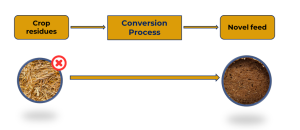
Challenges in BSFL Production: A Call for Innovation
The black soldier fly larvae have emerged as a promising source of protein and valuable by-products for various industries. However, the scalability of BSFL production faces a significant industrial barrier. The current reliance on food wastes as feedstocks introduces geographical dispersion and seasonal variability, leading to unpredictable yields and unreliable supply chains. Recognizing these challenges, CNAP is taking a bold step towards transforming the way we feed and farm black soldier fly larvae.
The CNAP Solution: Patented Agritech/Biotechnological Innovation
Their approach involves combining abundant, inedible agricultural by-products with a patented agritech/biotechnological solution. This innovative combination not only mitigates the issues associated with traditional feedstocks but also transforms these materials into a highly nutritious and valuable feed for commercially farmed insects. The use of cutting-edge AI and machine learning tools allows them to identify the most suitable feedstock materials, optimize solution processes, and inform business development decisions and economic modelling.
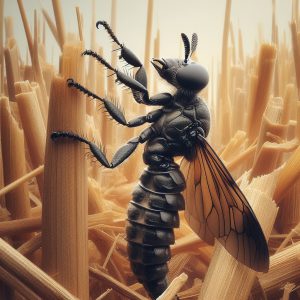
AI and Machine Learning: Paving the Way for Precision Agriculture
By leverage the power of artificial intelligence and machine learning to revolutionize the production of black soldier fly larvae. These tools help sift through vast datasets to identify the most suitable feedstock materials, ensuring precision and efficiency in their processes. By optimizing the entire production chain, from feedstock selection to larvae growth, they aim to create a sustainable and scalable model for insect farming.
Unlocking the Potential of Underutilized Resources
A key advantage over traditional food waste usage lies in the utilization of underappreciated, inedible agricultural by-products. Materials like wheat straw, often produced in excess and possessing low value, are transformed into valuable feed for black soldier fly larvae. By tapping into these underutilized resources, they not only address scalability issues but also contribute to a more sustainable and transparent global supply chain.
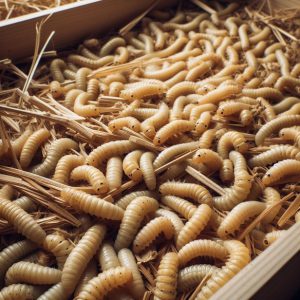
CNAP’s pioneering work in transforming the feed for black soldier fly larvae represents a paradigm shift in the insect farming industry. The use of AI and machine learning, coupled with innovative agritech/biotechnological solutions, offers a more sustainable and scalable model for BSFL production. By turning abundant, inedible agricultural by-products into valuable feed, they foster a more sustainable and circular approach to protein production.
For more information about the work carried out at CNAP please contact:
Banushan Balansethupathy (banushan.balansethupathy@york.ac.uk)
Daniel Leadbeater (Daniel.leadbeater@york.ac.uk)
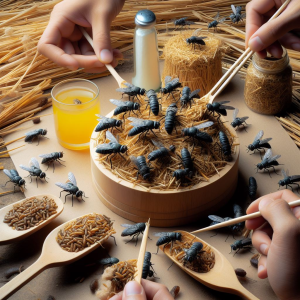
For more information about
- Insect bioconversion of waste, please contact us at the Insect school. https://www.insectschool.com/
- Turnkey insect farms – https://www.insectengineers.com/bsfturnkey/production
If you would like to book BSF industry keynote speaker Bob Holtermans for your event – https://www.insectengineers.com/about-us/speaker-bobholtermans
